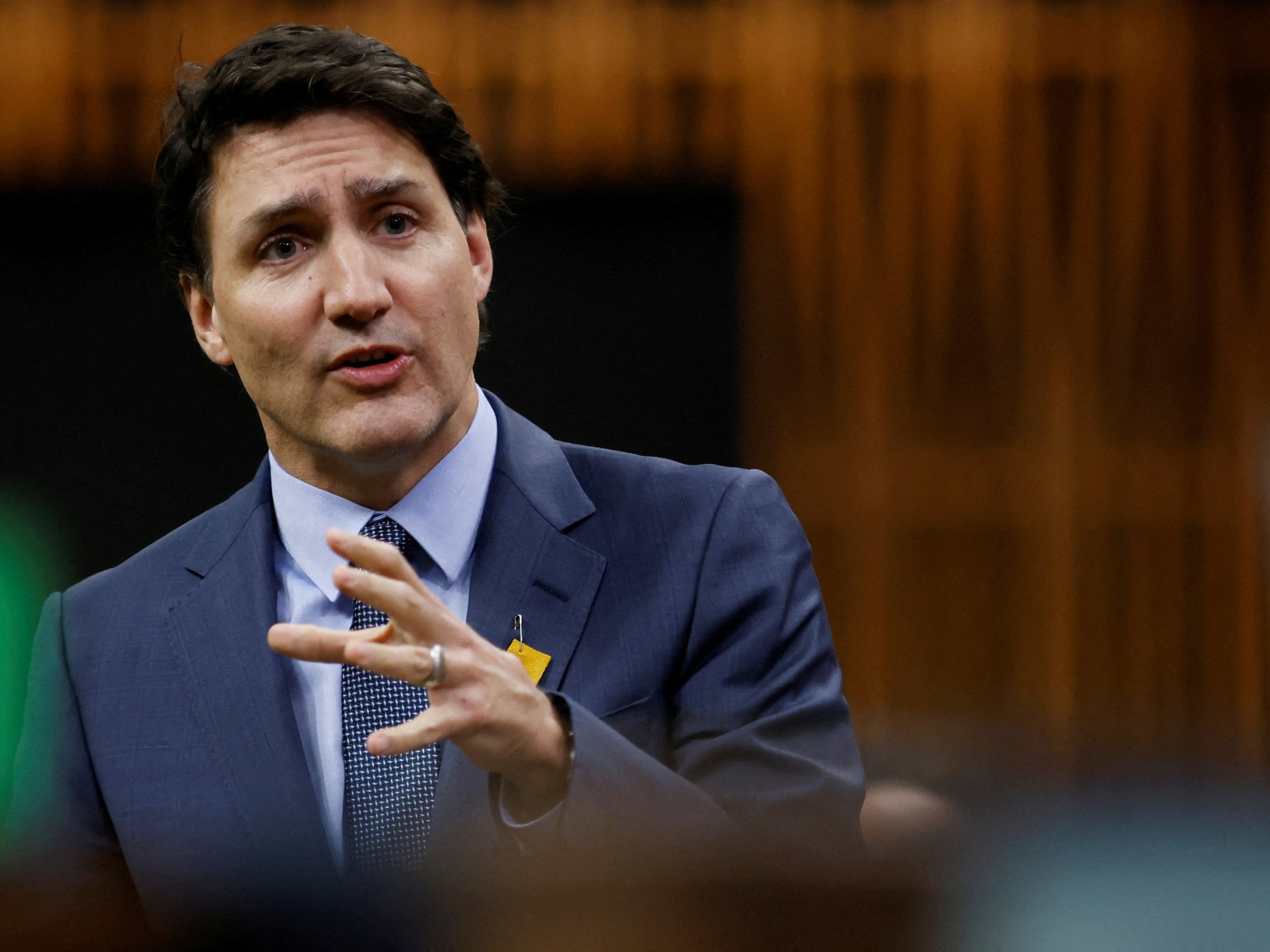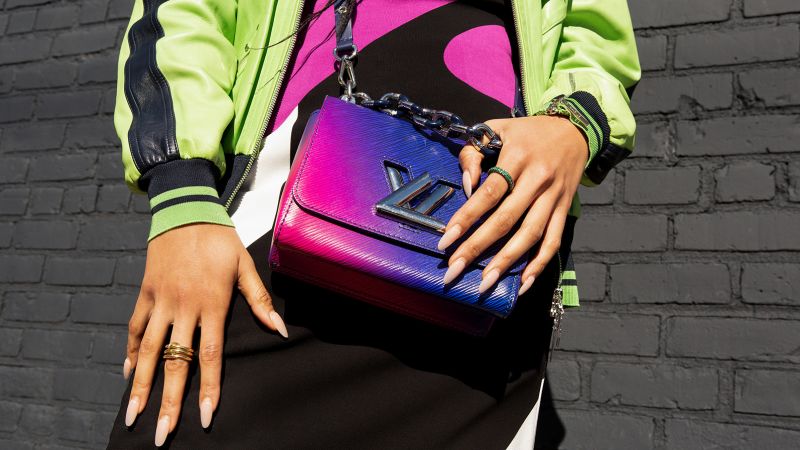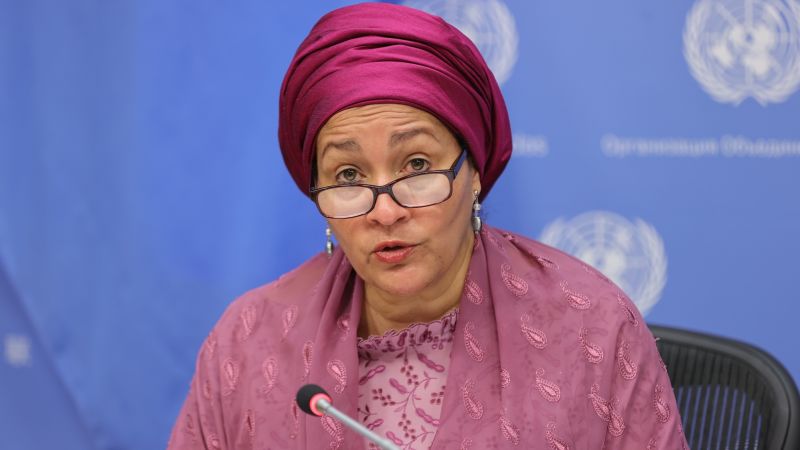Canada ‘will not be intimidated’ by China, PM Trudeau says
Canada “will not be intimidated” by China, Prime Minister Justin Trudeau has said, after the Chinese government said it is expelling a Canadian diplomat in a tit-for-tat move linked to allegations Beijing sought to intimidate a Canadian legislator and his family.
Speaking to reporters on Tuesday, Trudeau said his government made the decision to expel Zhao Wei, a Chinese diplomat based in Toronto, from the country this week after “careful consideration”.
Hours later, Beijing announced it would expel Jennifer Lynn Lalonde, the Canadian consul in Shanghai, in a “reciprocal countermeasure”.
“We understand there is retaliation, but we will not be intimidated. We will continue to do everything necessary to keep Canadians protected from foreign interference,” Trudeau said on Tuesday, adding that his government had considered that Beijing could take retaliatory steps.
“But we decided that we needed to move forward in a responsible way to send a very clear message that we will not accept foreign interference, and regardless of whatever next choices they make, we will not be intimidated,” the Canadian prime minister said.
“And more, we will ensure that China continues to see – along with other countries that are engaging in foreign interference – that we take this extraordinarily seriously.”
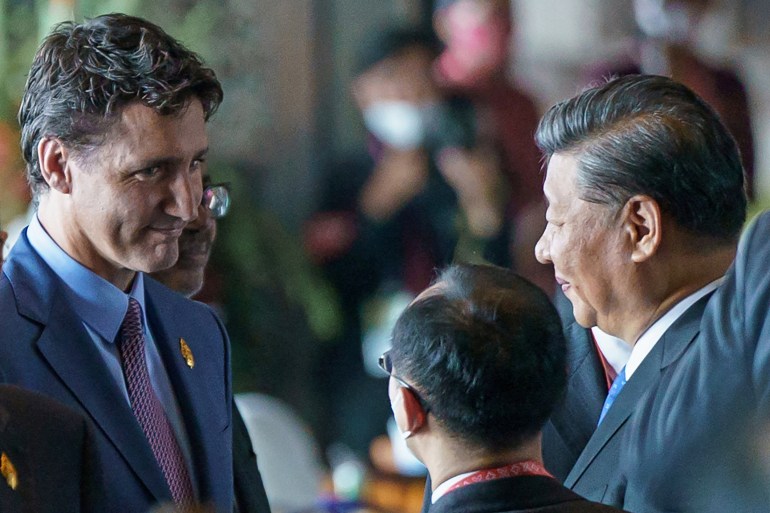
Trudeau’s government has been under pressure to take action after the Globe and Mail newspaper reported earlier this month that China had sought information about any relatives of a Canadian legislator “who may be located” within its borders.
The move was likely part of an effort to “make an example of this MP and deter others” from taking anti-China positions, the newspaper said, citing Canada’s spy agency, the Canadian Security Intelligence Service (CSIS).
Zhao, the Chinese diplomat, was accused of being involved in the scheme.
While the CSIS report did not name the lawmaker, the Globe said a national security source identified the targeted politician as Michael Chong, a member of the opposition Conservative Party of Canada.
Chong was sanctioned by China in 2021 after he spearheaded a Canadian parliamentary motion designating the country’s treatment of its Uighur Muslim minority in the western province of Xinjiang a “genocide” – an accusation long rejected by the Chinese government.
China has dismissed the accusations that it interfered in Canada’s internal affairs, accusing Ottawa of expelling Zhao “based on rumours” that have been “hyped up by some politicians and media”.
“This has seriously violated international law, basic norms governing international relations and the related bilateral agreements, and sabotaged the China-Canada relations,” the Chinese embassy in Ottawa said in a statement on Monday evening.
“China never interferes in other countries’ internal affairs. The so-called ‘China Interference’ is totally groundless, which is the out-and-out smear of China and the political manipulation driven by ideological bias. Such provocations by the Canadian side have severely undermined the legitimate rights and interests of the Chinese diplomatic and consular personnel.”
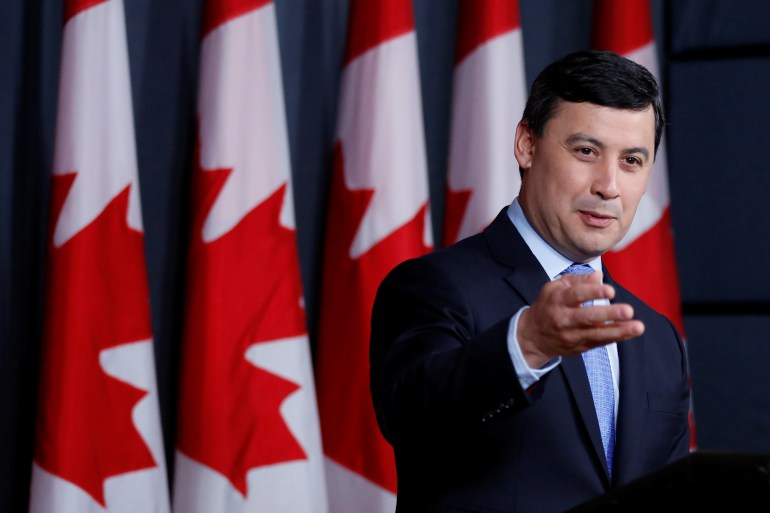
In contrast to the Chinese embassy’s description of affairs, Canadian legislators from all major parties have accused Beijing of being involved in a years-long intimidation campaign targeting members of the Chinese-Canadian community – particularly those who have spoken out against Chinese government policies.
“We have known for years that the PRC [People’s Republic of China] is using its accredited diplomats here in Canada to target Canadians and their families,” said Chong, the Conservative lawmaker at the heart of the most recent allegations.
“I hope that this makes it clear to not just the PRC but other authoritarian states that have representation here in Canada that this crossing the line of diplomacy into foreign interference threat activities is utterly unacceptable here on Canadian soil,” he told reporters on Monday.
The China-Canada relationship has been frosty for several years, especially after Canadian authorities detained Huawei Technologies executive Meng Wanzhou in 2018 on a United States arrest warrant. China then arrested two Canadians on spying charges.
While the standoff ended when all three people were released in 2021, relations have remained sour over several points of contention, including human rights and trade.
Meanwhile, Ottawa continues to face calls to investigate other alleged instances of Chinese interference, including attempts to meddle in Canadian elections and the use of covert “police stations” in Canada. Beijing has rejected those allegations.

